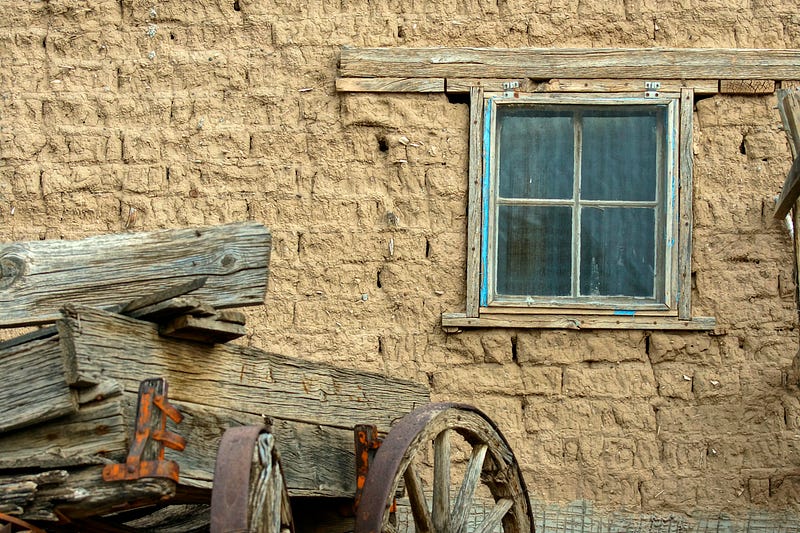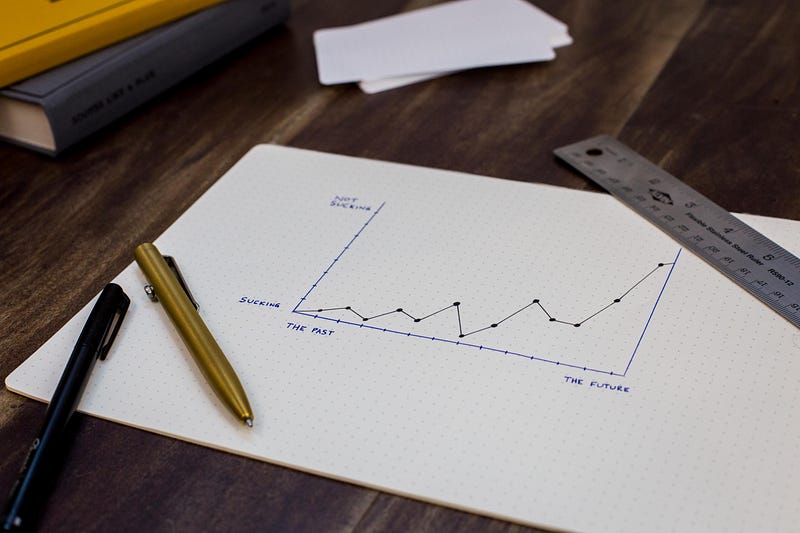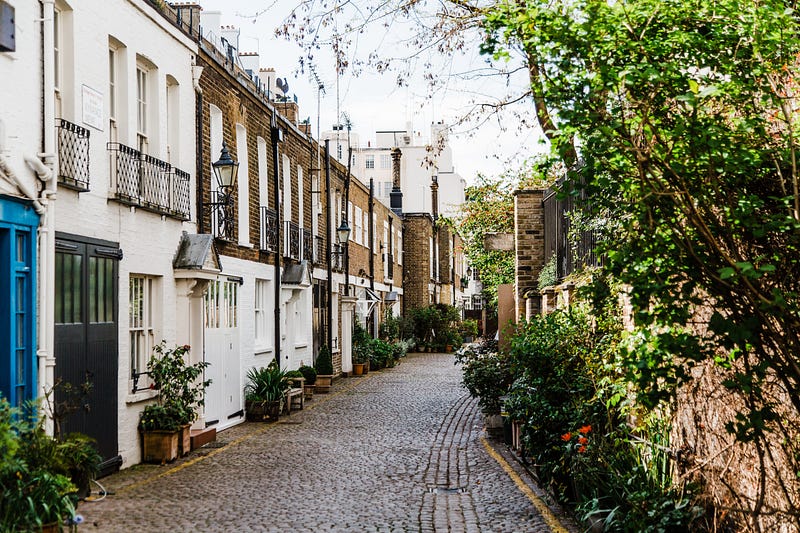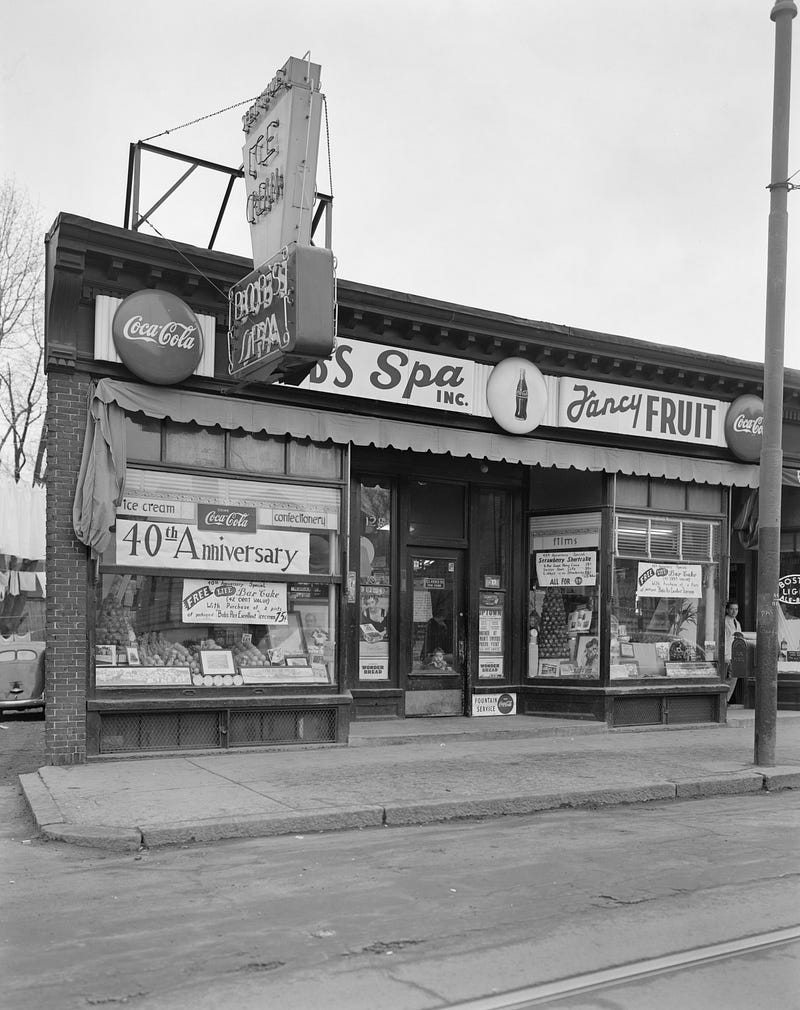A Discussion of Chapter 5 “The Poor Were Made Much Better Off”
If you had to agree to be in the bottom 20% of income, would you rather do it now or in 1800?
And would you rather be in France with a GDP per capita of $44,000 or N. Korea at $649 per capita?
Most people would pick France today if they had to be poor.
We hear a lot of criticisms of capitalism because of income inequality, but it does not get nearly as much credit for increasing the standard of living for all, including the poor.
The previous chapter focused on how much better the standard of living is now compared to 1800.
This chapter is specifically looking at those in the lowest income rungs. That is not to say that poor people are living the high life in the rich countries. But it is certainly worse to be poor in a poor country and was worse to be poor anywhere 200 years ago.
Why Now is Better
McCloskey starts with a quote from the economist, Joseph Schumpeter. If you have heard about him, it was most likely regarding the concept of creative destruction. He recognized that in a dynamic market economy, innovation meant some industries needed to end and release their resources to be reallocated to new industries.
Here, McCloskey is quoting him about capitalism.
The capitalist achievement does not typically consist in providing more silk stockings for queens but in bringing them within the reach of factory girls in return for steadily decreasing amounts of effort…The capitalist process, not by coincidence but by virtue of its mechanism, progressively raises the standard of life of the masses. (p. 37)
As McCloskey explains, the mechanism Schumpeter is referring to is entrepreneurship.
When competition is allowed, profits attract new entrants which drives down the price of goods. The new entrants increase the quantity available, which, coupled with the falling price, allows even those with lower incomes to enjoy luxurious items like silk stockings, or manicures, or electronics.
Thanks to the decline in the purchasing power of the dollar it can be hard to see this progress. That decline is due to the monetary and fiscal policies we run; it is not a feature of capitalism.
An alternative way to see this progress is to calculate how many working hours it takes to buy things and then compare how it has changed over time.
For example, McCloskey mentions Donald Boudreaux’s work in this area. If you are interested, he has quite a few stories published using prices from the Sears Catalog of old.
One example McCloskey cites is Sear’s lowest priced, no-frost, refrigerator/freezer in 1956 was $219.95, in 1956 dollars. (p. 38)
Given the average hourly wage of production worker then of $1.89, it would take 116 hours of work to afford the refrigerator.
In contrast, a low price refrigerator/freezer in 2013 from Home Depot was priced at $298, in 2013 dollars, and the average wage was $20.14 per hour. That totals to only 15 hours of work.
116 hours of work down to 15 hours of work.
This is what we mean when we say the standard of living has risen for all. It takes more hours for someone earning less than the average wage but nowhere near as much as in 1956.
No, not everyone gets to live a life of leisure, but the point is we can all afford more than people in the past, wherever we fall in the percentile of income.
The Great Enrichment: Neither Trickle Up nor Trickle Down
Why does it take fewer hours of work to buy most goods today? The answer to this demonstrates the significance of the increase in productivity.
Productivity is the increase in output per worker. The innovations that capitalism encourages combined with the ensuing competition to improve production methods in the search for profits have resulted in a massive increase in output over the last couple hundred years.
As McCloskey states it,
The Great Enrichment after 1800 came from human creativity unleashed by liberty and dignity for ordinary people, through trade-tested betterment resting on a new equality in the eyes of others, and spread by the overturning of monopoly in competition. (p. 40)
McCloskey wants to dispel the explanations for the Great Enrichment given by the Left and the Right.
She says the Left argues for “trickle up” while the Right argues for “trickle down,” Both are wrong. (p. 40)
“Trickle up” is the Keynesian story that if we could get more money in the hands of the consumers, the increased consumption would grow the economy.
While this can work in the short run when the economy “is whacked with a sledgehammer,” we cannot spend our way to growth in the long run. (p. 41)
Only true innovation, or betterment, will do that because economic growth comes from increases in productivity. The government stimulating consumption does not accomplish that.
But, those on the Right are wrong about “trickle down” policies. This story says that getting more money in the hands of rich people and businesses will increase spending from those at the top that will then trickle down into new jobs and income for those lower down.
Again, this is a story of getting growth from more spending. It just changes who is doing the spending.
Either way, increased spending cannot get us there. Only true innovation will do that. And that requires a commitment to long run “open competition of betterments,” not trickling.
Such openness to competition after 1800, and the cooperation that betterments require, made the economies that adopted it startlingly more productive, creating 10 times, 30 times, 100 times more goods and services, and to the poorest among us. (p. 41)
What we need to do is encourage open competition and prevent monopolies that will choke off innovation, not allow the Left or the Right to mislead us with their spending policies.
Conclusion
None of this is to say being poor is enjoyable in today’s developed countries. But, it is to say that they have a higher standard of living than 200 years ago.
And, it is to say that if you care about those at the bottom of the income ladder, encouraging an open economy of innovation is better for them than allowing those at the top to solidify monopolies that benefit themselves at the expense of future growth and innovation.
I won’t quote the many anti-capitalist mantras out there, but I will point out that it is capitalism that caused the Great Enrichment that has allowed so many to afford so much for fewer hours of work.
You can argue politically and morally about the extent of our social obligations to those with lower income. Addressing those issues is what we should be debating in civil society.
However we decide to address poverty, McCloskey has shown in this chapter we need to be sure we do not adopt policies that destroy entrepreneurship and trade tested betterment. That is, the mechanism that has caused the Great Enrichment.
However, too much of our political discussion tends to focus on income inequality, or as I call it, the sin of envy. The focus is on the big winners, with an implication the rest are the big losers.
What McCloskey is showing us in this chapter is we are actually made up of winners and bigger winners.
Reference: McCloskey, Deirdre Nansen, 2016. “The Poor Were Made Much Better Off,” Chapter 5 of Bourgeois Equality, The University of Chicago Press.




